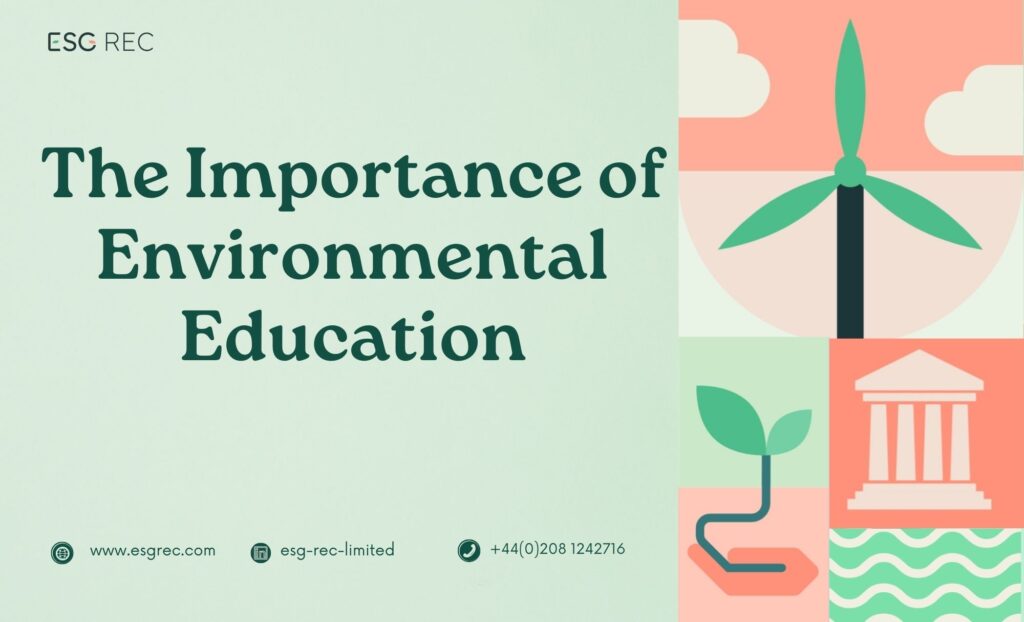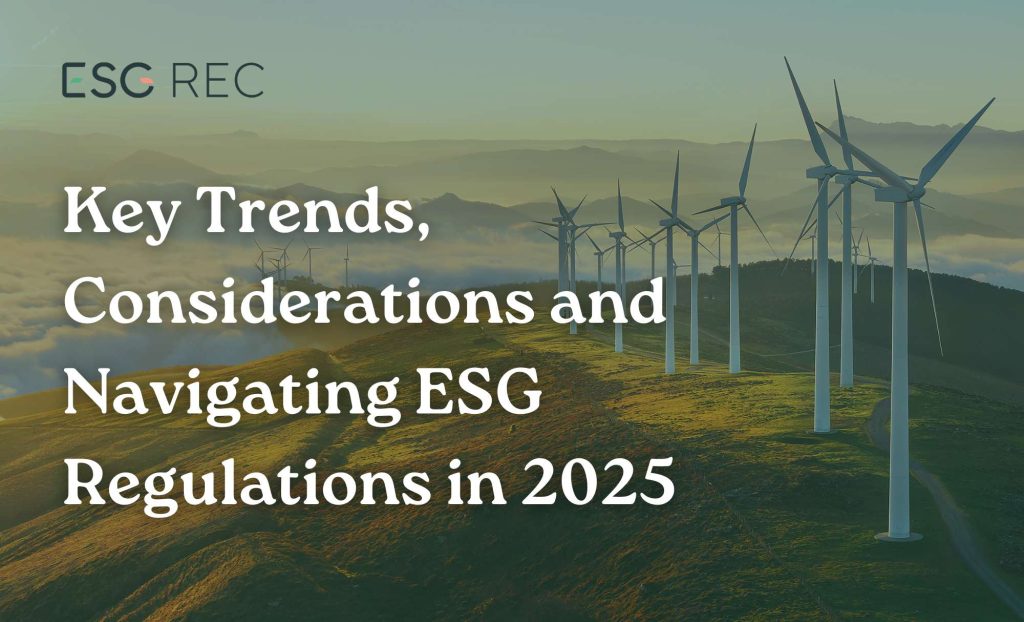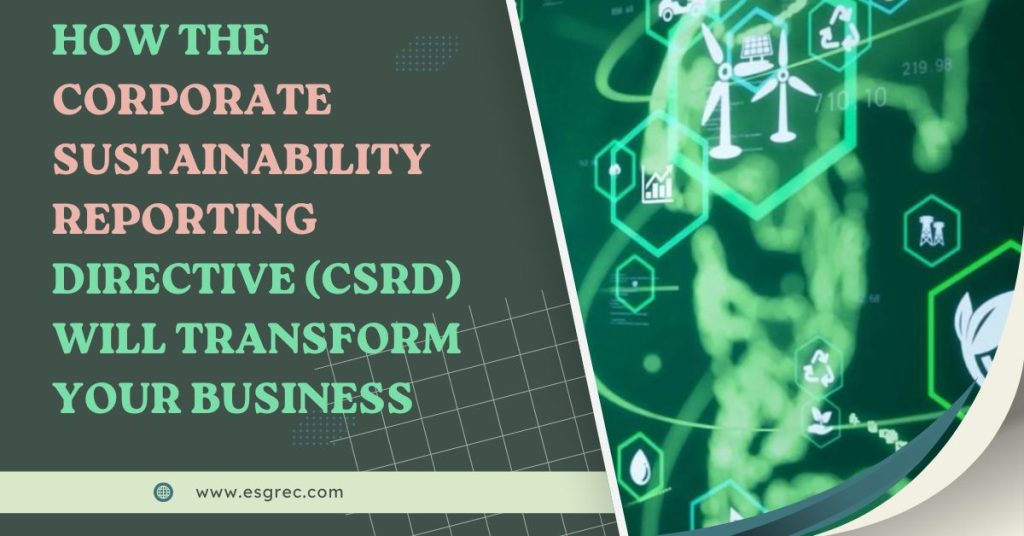
For those navigating the complexities of the UK’s ESG landscape, staying informed and equipped is paramount. ESG REC’s March 20th webinar provided a crucial dual perspective, featuring Rondi Allan of Sustainable X and Jonathan Hart Smith, COO and Co-Founder of ESG REC Limited. Their combined expertise offered a blend of market intelligence and actionable strategies tailored for the UK ESG professional.
Jonathan Hart Smith – Decoding the UK ESG Job Market for Informed Professionals
Jonathan outlined the upward trend of ESG roles in London and the UK this March, acknowledging the fluctuations that professionals might have experienced. “We understand that these fluctuations can create uncertainty,” he stated, “and it’s vital to provide a clear picture of the underlying drivers.” This was then contrasted with the levelling off of sustainability-specific roles, a point addressed with a pragmatic approach, offering insights into potential contributing factors.
The EU market’s relative stability was walked through, allowing UK professionals to benchmark their own experiences against a broader European context. The discussion of the US market’s decline, linked to shifting political attitudes, provided a crucial global perspective, highlighting the interconnectedness of ESG trends.
A deeper dive into CSRD-related roles was taken, highlighting the post-omnibus announcement correction that is starting to play out for UK professionals. Despite this change, however, anecdotal evidence over the last three months indicates a continued demand for governance roles within ESG, resonating with the growing emphasis on robust frameworks within UK organisations.
Concerns surrounding the slowdown in DEI roles from the market data were acknowledged, with clarification that for many organisations commitment remains strong despite the decrease in advertised positions.
ESG REC remains committed to providing timely, accurate market data through their monthly reports. This continues to be a valued and trusted resource for UK ESG professionals.
Providing Practical Strategies for Embedding Sustainability in UK Organizations
Rondi Allan’s presentation was a masterclass in translating theoretical sustainability concepts into actionable strategies for UK organizations. She discussed more than abstract principles; she provided practical guidance, drawing from her extensive experience with Sustainable X.
Her focus on the crucial link between customer demand and commercial viability resonated with the UK’s increasingly market-driven ESG landscape. “We must bridge the gap between ethical aspirations and commercial realities,” she emphasized, “to secure meaningful buy-in from leadership.”
Rondi’s emphasis on the indispensable blend of technical and soft skills was particularly relevant for UK professionals seeking to enhance their capabilities. She highlighted the importance of carbon accounting, reporting standards, and supply chain management, while also emphasizing the critical role of stakeholder engagement, communication, and resilience.
She directly addressed the common obstacles faced by UK professionals, such as board-level resistance and the complexity of reporting requirements. Her case studies, drawn from real-world experiences with manufacturing and retail companies, provided tangible examples of how to overcome these hurdles.
Her insights into the importance of strong ESG governance from the top down were particularly relevant for UK professionals seeking to drive organizational change. She provided practical advice on how to build robust governance frameworks and ensure effective implementation.
Rondi’s delivery was informative and empowering. She provided UK professionals with the tools and knowledge they needed to navigate the complexities of embedding sustainability within their organizations.
A Heartfelt Thank You!
A big thank you to all those who attended this insightful webinar! Your active participation and valuable insights truly enriched the experience. We sincerely hope you found the session informative and empowering as you continue to implement effective sustainability strategies within your businesses.
Certificates for the webinar will be sent to your email shortly—keep an eye out! If you missed the webinar or would like to revisit the presentation, don’t worry! You can request the recording and presentation slides by emailing us at info@esgrec.com or message us on our Linkedin page.
To stay at the forefront of ESG trends and further enhance your sustainability efforts, we warmly invite you to join our next webinar in April . Visit our website at www.esgrec.com for updates and sign up to receive essential insights from industry experts.
Stay informed, build your ESG strategy, and together, let’s pave the way for a more sustainable future.






